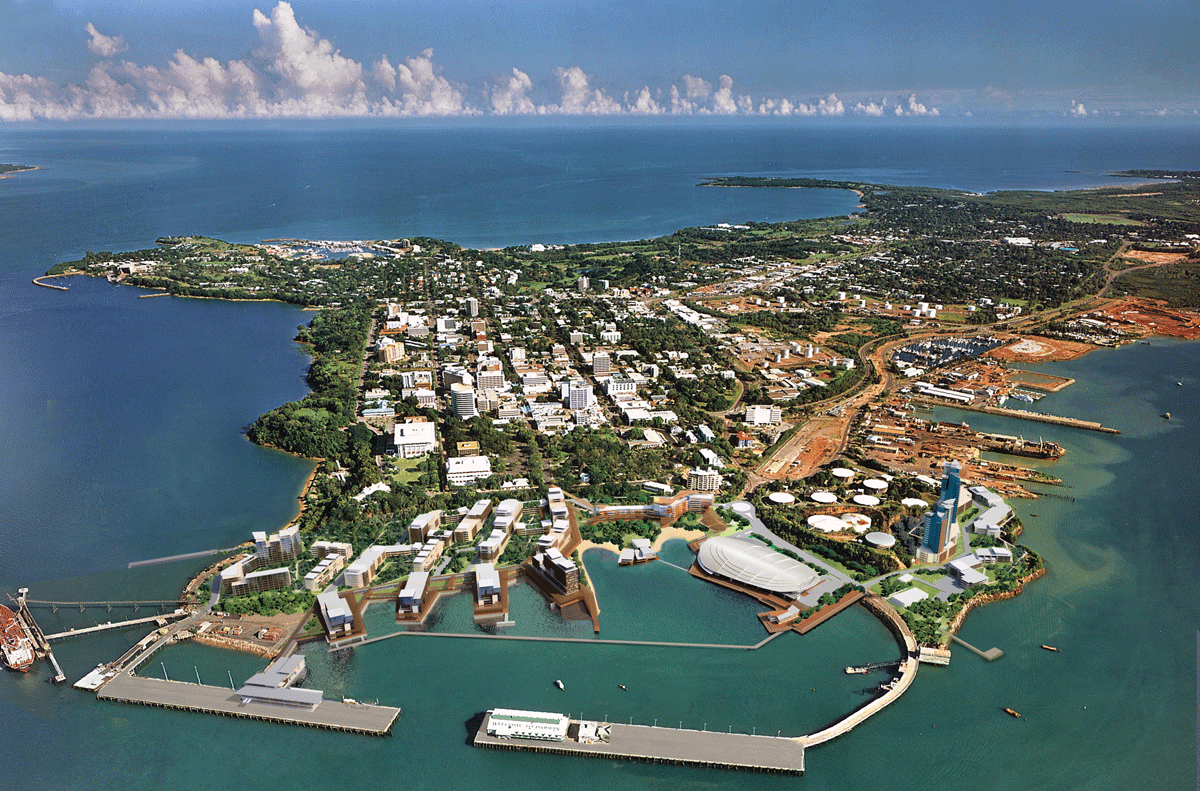|
Issue 6, Semester 2 Adrienne Ringin This past summer, I was fortunate to take part in an internship with the North Australian Aboriginal Family Legal Service in their Darwin office. I undertook this internship through the Public Interest Law Initiative. While I knew I could source my own internship, the application process provided various interesting options as well as the security of a relationship with the law school, meaning that standards and expectations had already been communicated. My application was accepted, dates were set and in mid-January I flew into a wet season featuring 95% humidity for a whirlwind five weeks. The following are some challenges I noted from my experience. I don’t believe these challenges should stop anyone from interning interstate, but people should consider them before undertaking the experience. 1. Accommodation
I will honestly say that having family in Darwin cemented my ability to apply for the internship. I was able to board at a reduced rate with my cousin, but had that not been an option, , I would have easily thrown $2000 at an Airbnb or chilled with tourists in a 10-bed dorm for 35 nights. Having somewhere to stay greatly influenced my ability to apply for and then accept the internship. Thinking about where you are going to live for five weeks should be your first consideration. 2. Financial loss Heading into Semester 1, 2018 with a reduced financial status was a big challenge. While completing an internship at any point can reduce your ability to work, you need to complete interstate internships as a block placement. Unless your work is technology based, it automatically takes away from your earning potential. Even though my accommodation was on the cheap side, I still had no income for five weeks and scrambled to make up for it in the first couple of weeks in semester. Budget and plan your expenses when deciding on this type of internship – definitely don’t count on the scholarships that could apply! 3. Mental state I am an individual who needs breaks from study. I adore the weeks off to check out and switch off and binge whatever is new and noteworthy on Netflix. I got some rest once classes finished in November, but going full on into another semester one week after returning to Victoria extended my semester. It drained me, just when I needed to be switched on. 4. The assessment schedule This can be another rude awakening. Eight weeks after the final placement day to hand in your final assessment seems like forever, but when you complete your days all in one go, you can’t afford to chip away slowly at a research paper. You need to just get it done! Additionally, this assessment overlaps with other subjects taken over the semester, which often have an interim assignment themselves. The assessment experience is significantly different for those undertaking a one day a week placement, so definitely consider it during your S.W.O.T. analysis. 5. First week If you have your placement all in one go, the experience can be a slow start as your host institution gets a feel for what you’re capable of and what you need to learn. Say yes to any task in that first week - it’s a good way to break the ice. Volunteer to do research into a policy area that your host institution is interested in, so you get something meaningful to do in those first teething days. Eventually tasks will start coming your way, but the institution doesn’t have the time to think about what they need you to do week to week; you’re in each day! Make sure to cut them (and yourself) some slack in those first few days and communicate what you expect and what you can already do. Challenges aside, if you’re able to make the sacrifice financially it is definitely worth it. There are some great organisations beyond our state borders which could benefit from enthusiastic law students. Of course, opinions abound regarding the exploitative nature of internships - but that’s a topic for another time. Remember you can source your own internships or the lovely staff in the PILI area can also direct your attention to some organisations with which our law school has partnered in the past. Comments are closed.
|
Archives
October 2022
|



